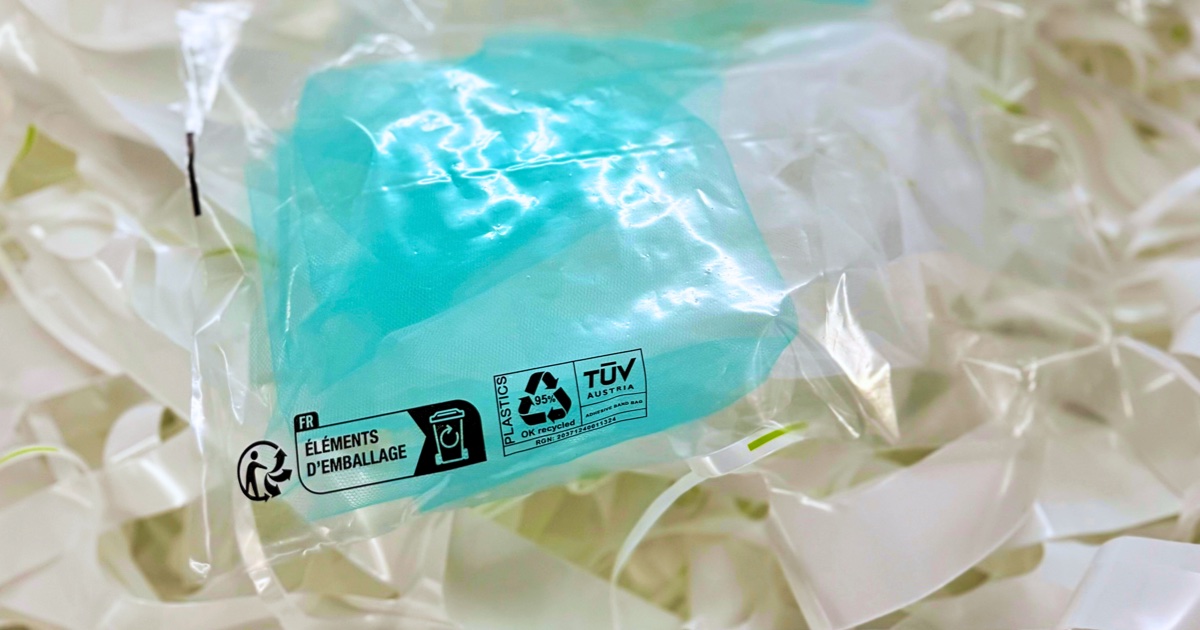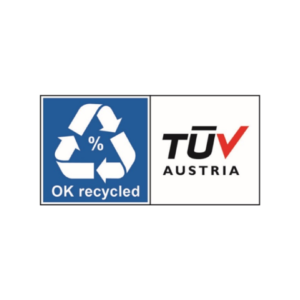With the rising focus on environmental impact and sustainable practices, companies face new challenges. Among these, ensuring that their products incorporate recycled materials, thereby reducing emissions and waste, has become essential.
The OK recycled certification, issued by TÜV Austria, provides an independent verification of the recycled content percentage within a product, guaranteeing authenticity and traceability across the supply chain.
Today's consumers are increasingly aware of environmental issues, making it critical for companies to avoid greenwashing by clearly and verifiably demonstrating the use of recycled raw materials. In this context, certification builds trust, offering credible assurances on material usage claims.


Why Certification Matters?
The OK Recycled certification provides numerous benefits, including:
- Reliability and Transparency: Ensures that recycled material within the product meets regulatory standards.
- Regulatory Compliance: Some countries, such as Spain, which have introduced a Plastic Tax, require certifications that confirm the use of recycled plastics in products.
- Environmental Impact Reduction: Using recycled raw materials helps preserve natural resources, reduce waste, and limit greenhouse gas emissions.
The certification process includes multiple stages, such as data collection and analysis, on-site audits, and assessment of the supply chain and production stages. This ensures the traceability of materials, monitored throughout the packaging's life cycle, from waste recovery to market release.
Relevant across various industries, TUV Austria offers global support to ensure compliance with international standards.
Ultimately, obtaining recycled content certification enables companies to meet the market's growing demand for greater material circularity.
